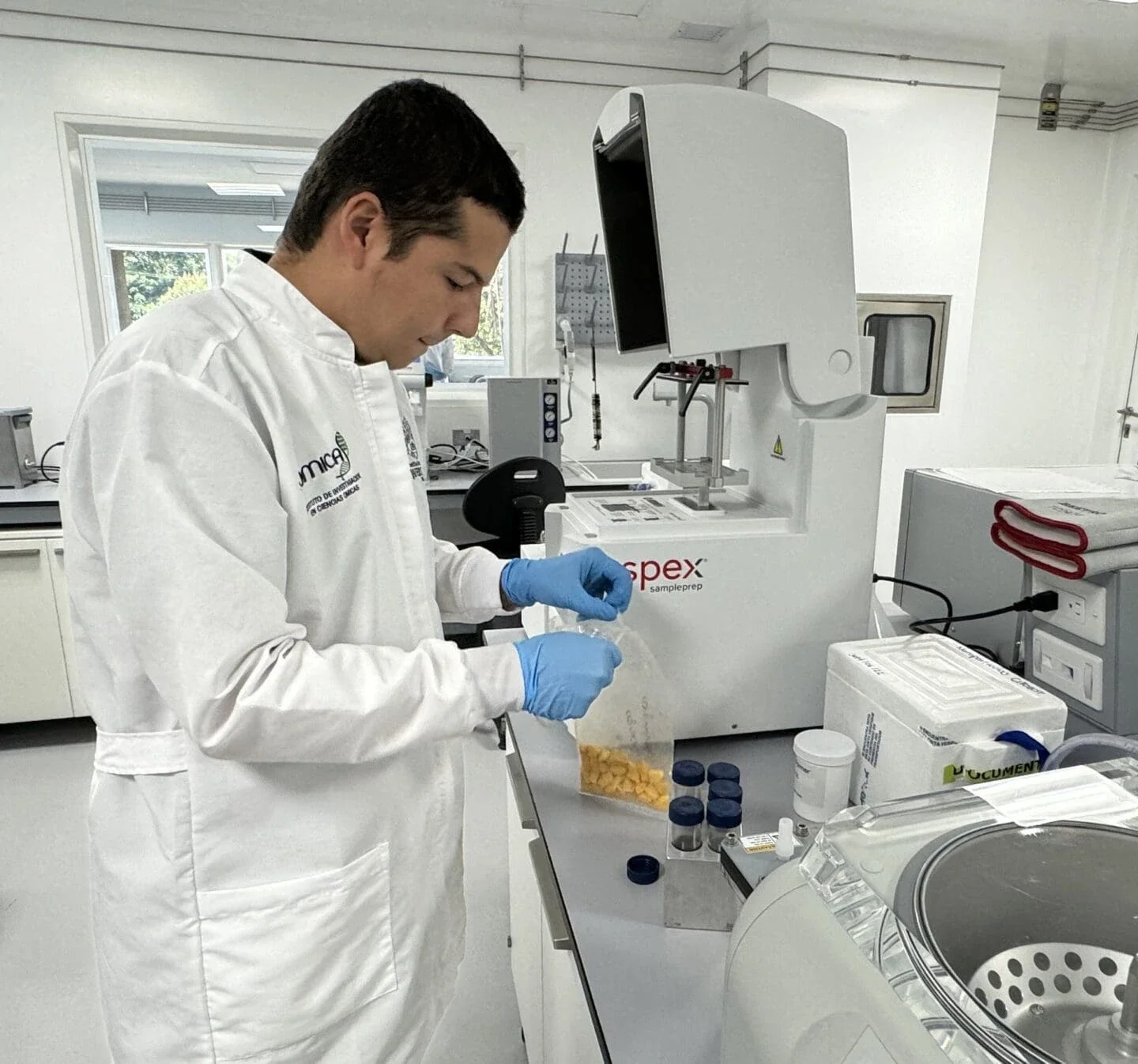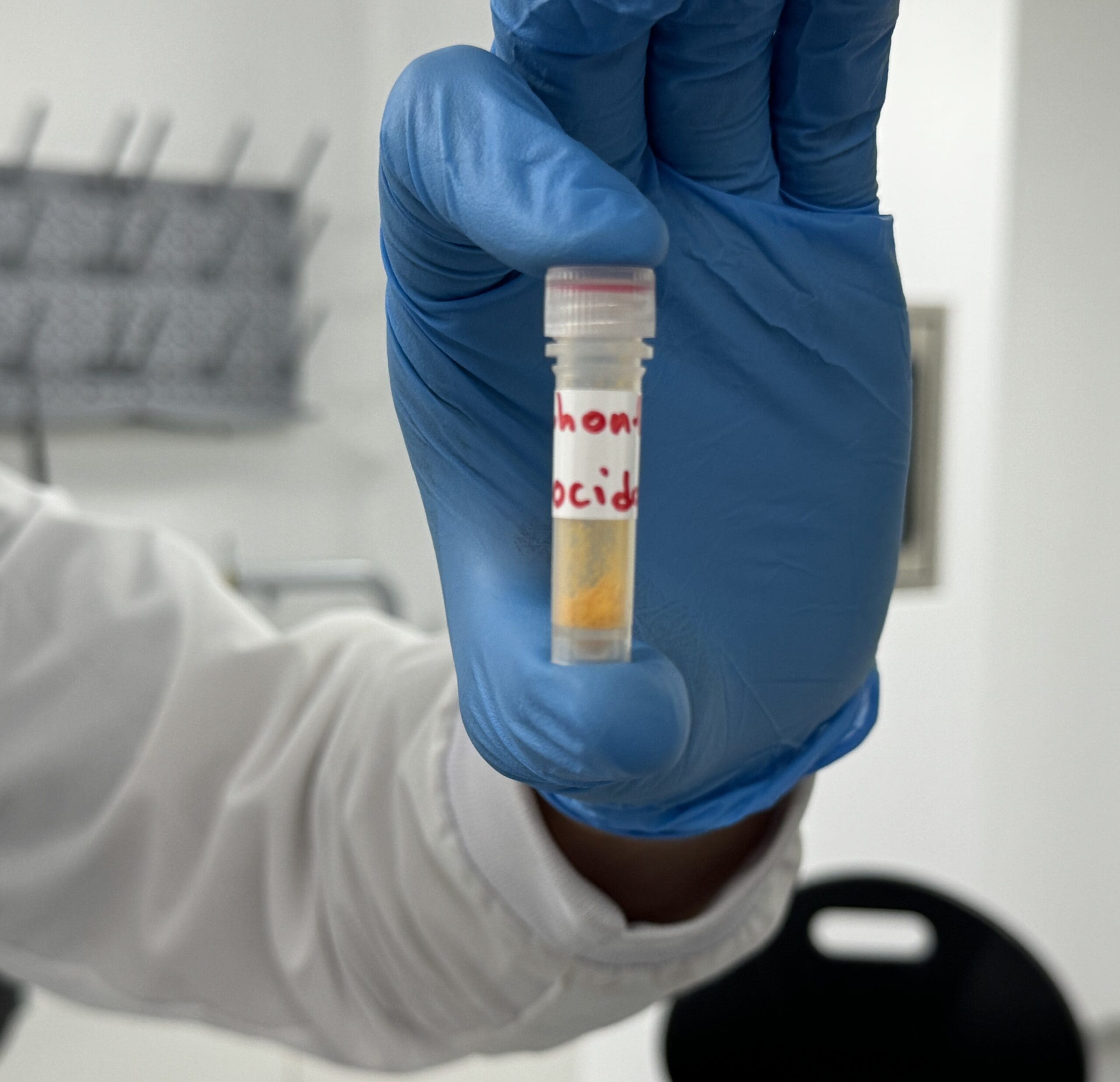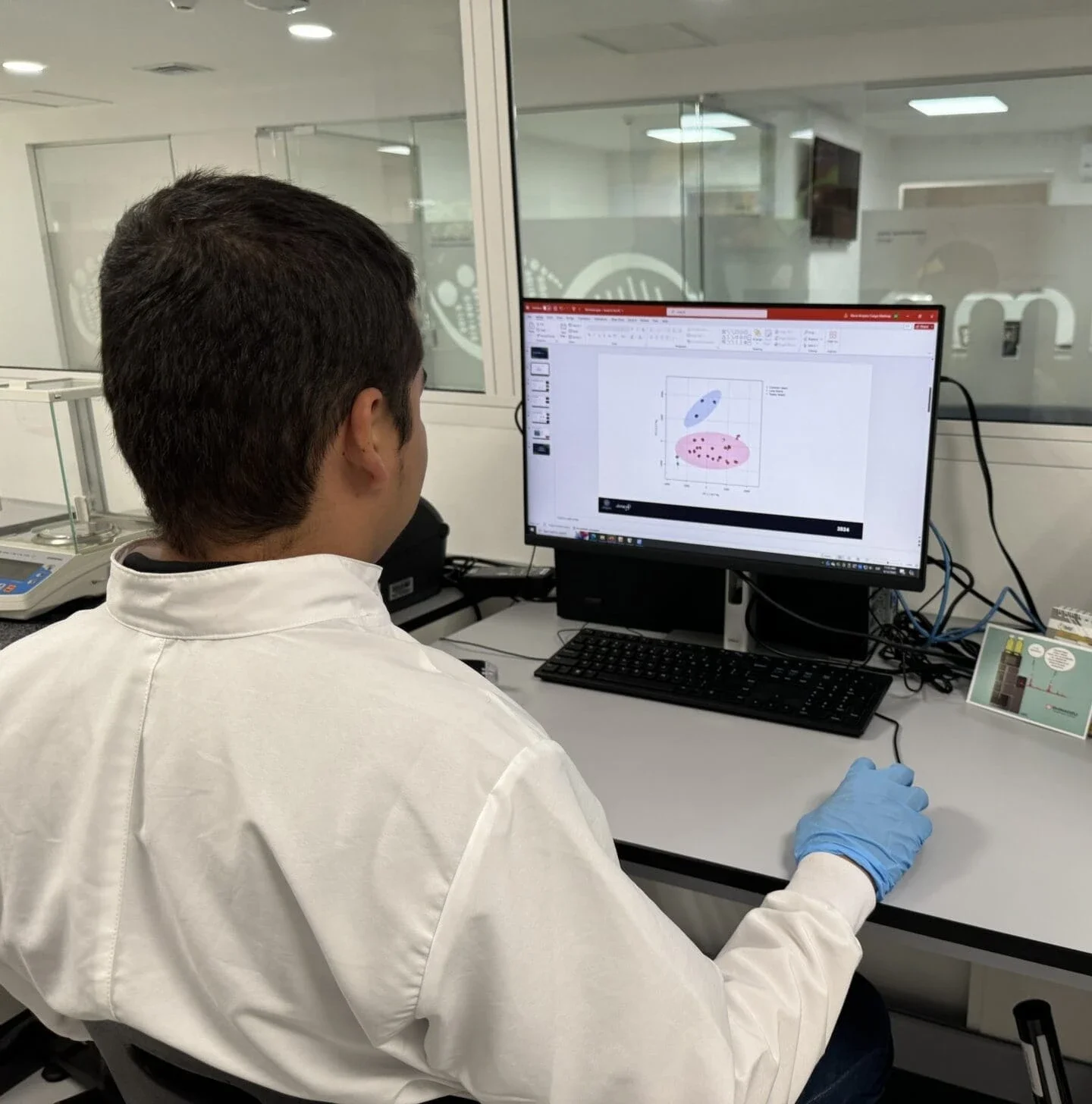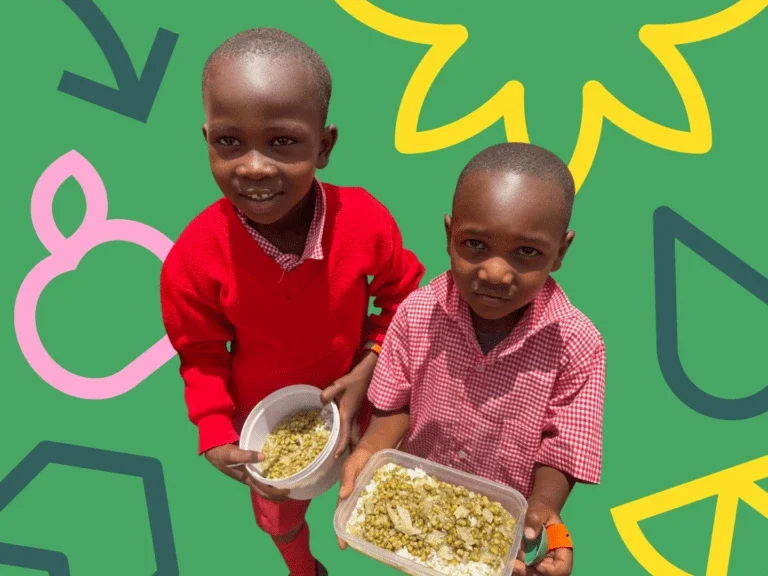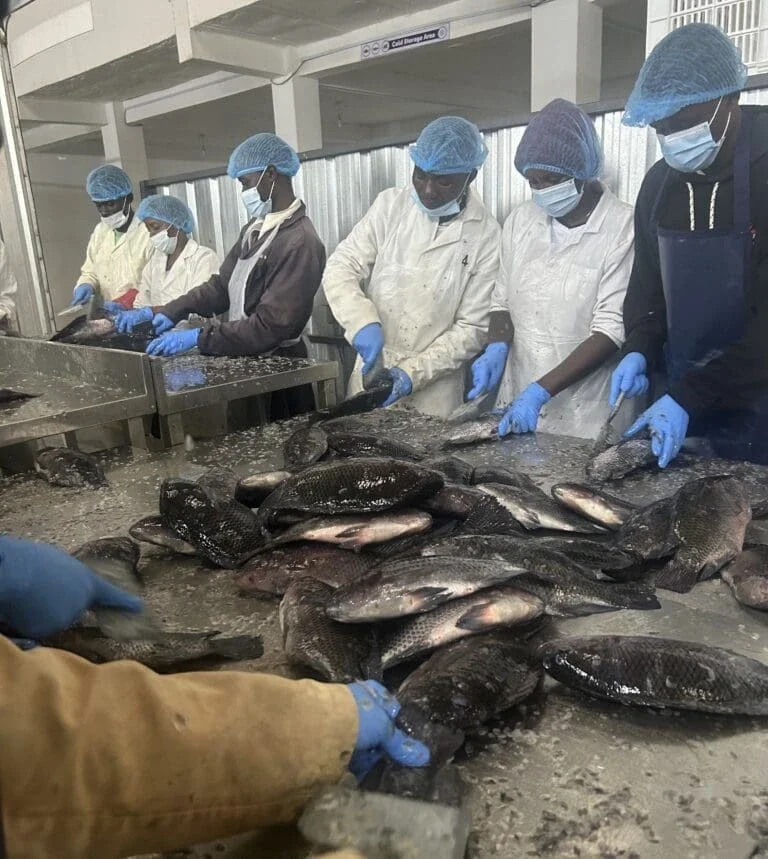Hungry? Simply upload the compounds most advised for you into a computer, along with what your taste desires. Then print out your nutritious meal.
Flashed forward, this is the future of healthcare, thanks to The Rockefeller Foundation Periodic Table of Food Initiative (PTFI), says Dr. Andres Jaramillo, founding Director of the Research Institute in Omics Science (iOMICAS) at Javieriana University in Cali, Colombia, Director of the Multiscale Science in the Materials and Process Stimulation Center at the California Institute of Technology, and Lead Scientist in the Chemistry and Chemical Engineering division.
It’s his own North Star, the reason this ultra-busy and celebrated scientist is putting in the hours: to impact human health in such a sweeping manner.
“This is urgent and thrilling. It excites us,” Jaramilla said.
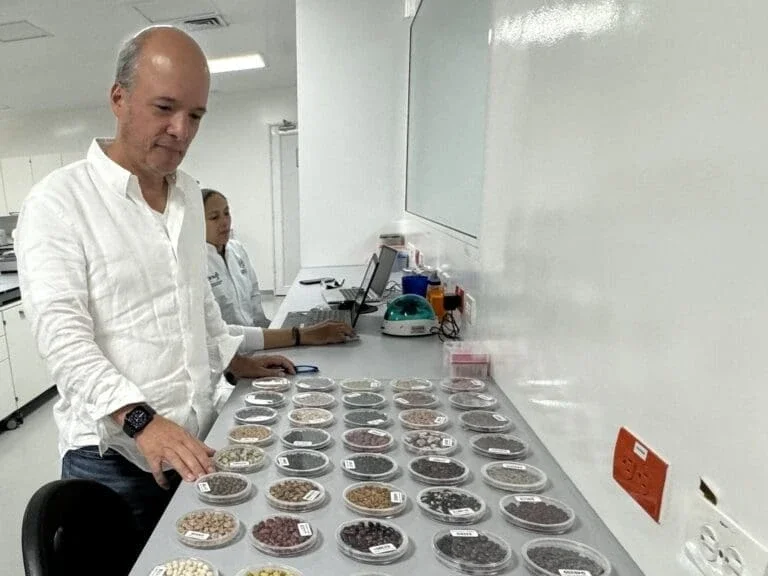
Statistics to Remember
- >0
biomolecules occur in plants, and most are unidentified
- 0FoodsFoods
will be analyzed initially
- ~0%^
of diseases are correlated to lifestyle, including diet, the World Health Organization notes
Completing this baseline PTFI work could set the stage for revolutionary advances in health and nutrition, with special emphasis in the Global South.
Joe TohmeGeneral Director, CIAT
With this initiative, we aren’t just cataloging food components; we are leveraging these insights to tackle the climate crisis. The vast knowledge gained from PTFI will enhance human and planetary health, fostering a sustainable future for all.
Dr. John de la ParraDirector, Food InitiativeThe Rockefeller Foundation
More in this Matter of Impact Edition
Pioneering an Intercultural Health Model to Fight Climate-Sensitive Diseases
A collaborative effort is underway to fuse Indigenous ancient wisdom with Western medical practices and create a more powerful public health system in the Amazon rainforest.
read moreThe Isolated People are the Amazon’s Essential Climate Warriors
The Indigenous communities that favor isolation are critical custodians of biodiversity and guardians against the encroaching tide of climate change in the Amazon rainforest.
read more